
Entrepreneurship insights
Growing your own business means overcoming new challenges at each stage of the growth journey. Our insights come from in-house experts and the entrepreneurs who share their growth stories with us.
Whenever you’re ready for the next chapter of your entrepreneurial story.
Entrepreneurs face a myriad of challenges in today's business landscape – from securing funding to managing cash flow and navigating market fluctuations. In the pursuit of their ventures, they often require financial support and services to facilitate growth and sustainability. Learn more about the fascinating stories that entrepreneurs from around the globe shared with us.
Spotlight on entrepreneurs
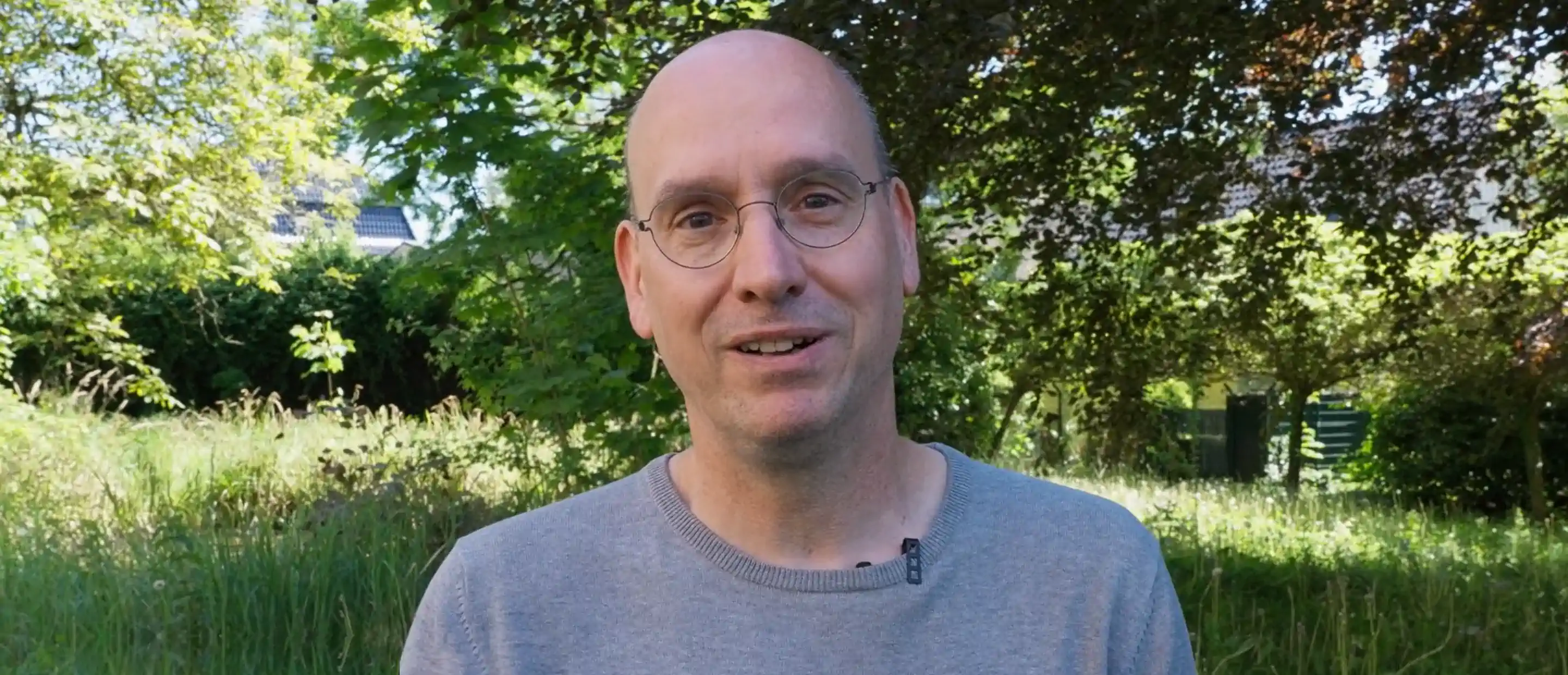
Video-Interview
Thomas Riedel: Communication is everything
The founder of Riedel Communications explains how he grew his event technology business from five walkie-talkies to 40,000, through partnerships and magical experiences.

Video interview
Wendy Yap: Rising to the occasion
Wendy Yap explains how tapping into shifting lifestyles and consumer preferences in her youthful nation enabled her to become Indonesia’s ‘Queen of Bread’.
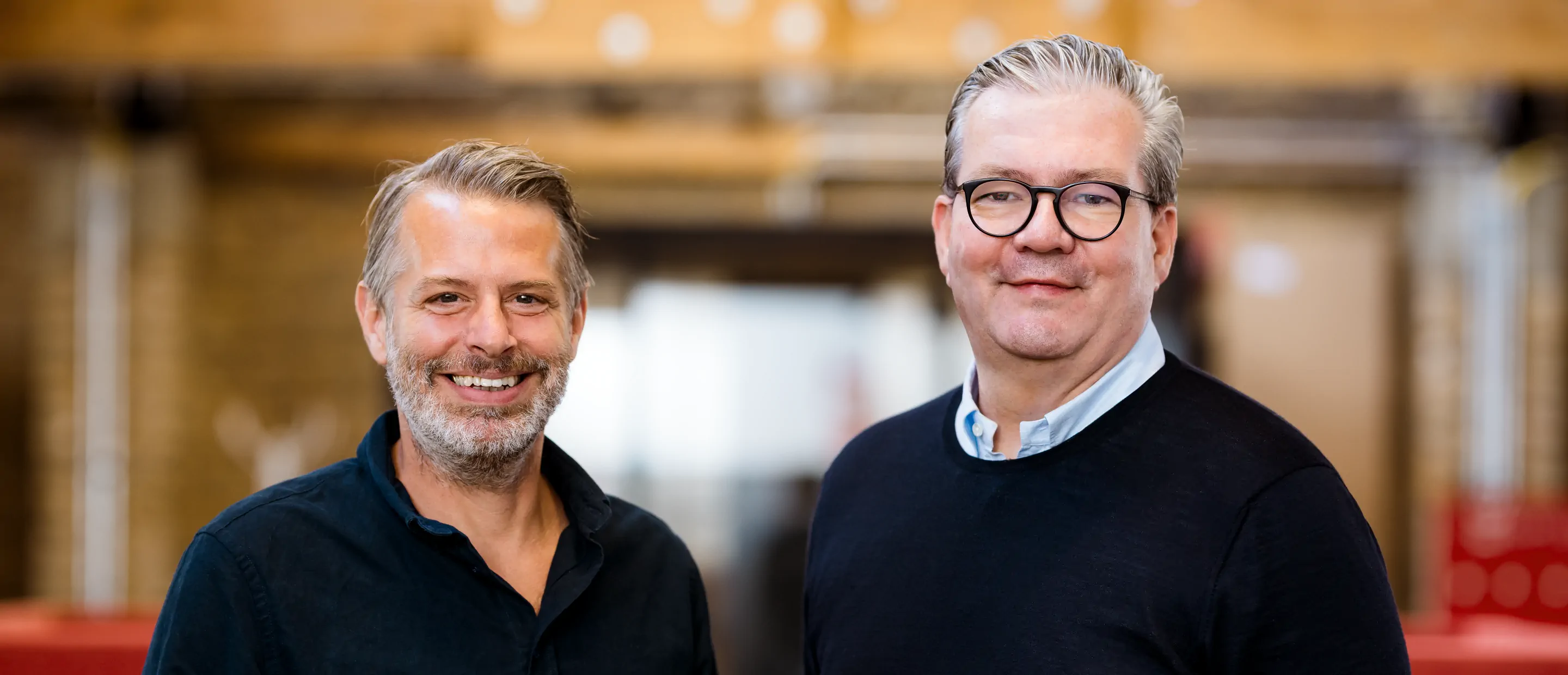
Video interview
Patric Faßbender & Marcus Stahl: A German success story in fast forward
The founders of the "Toniebox" explain how knowing their own strengths and weaknesses helped them build a bestselling toy brand – then step back from leadership at the right time.
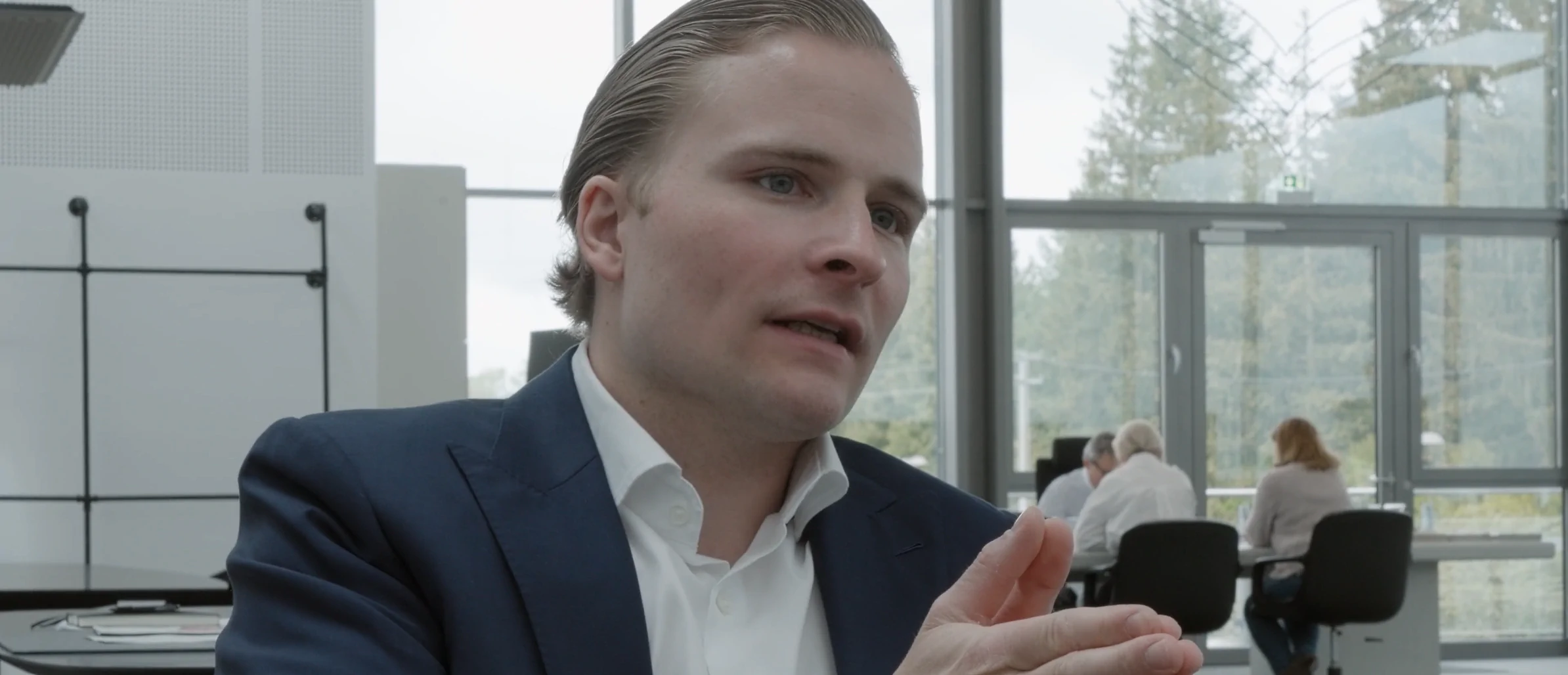
Video interview
Wolfgang Grupp junior: Large footsteps in T-Shirts
As the fourth-generation leader of a well-known German clothing brand, Wolfgang Grupp Junior is acutely aware of risks, responsibilities and the importance of staying true to your values.
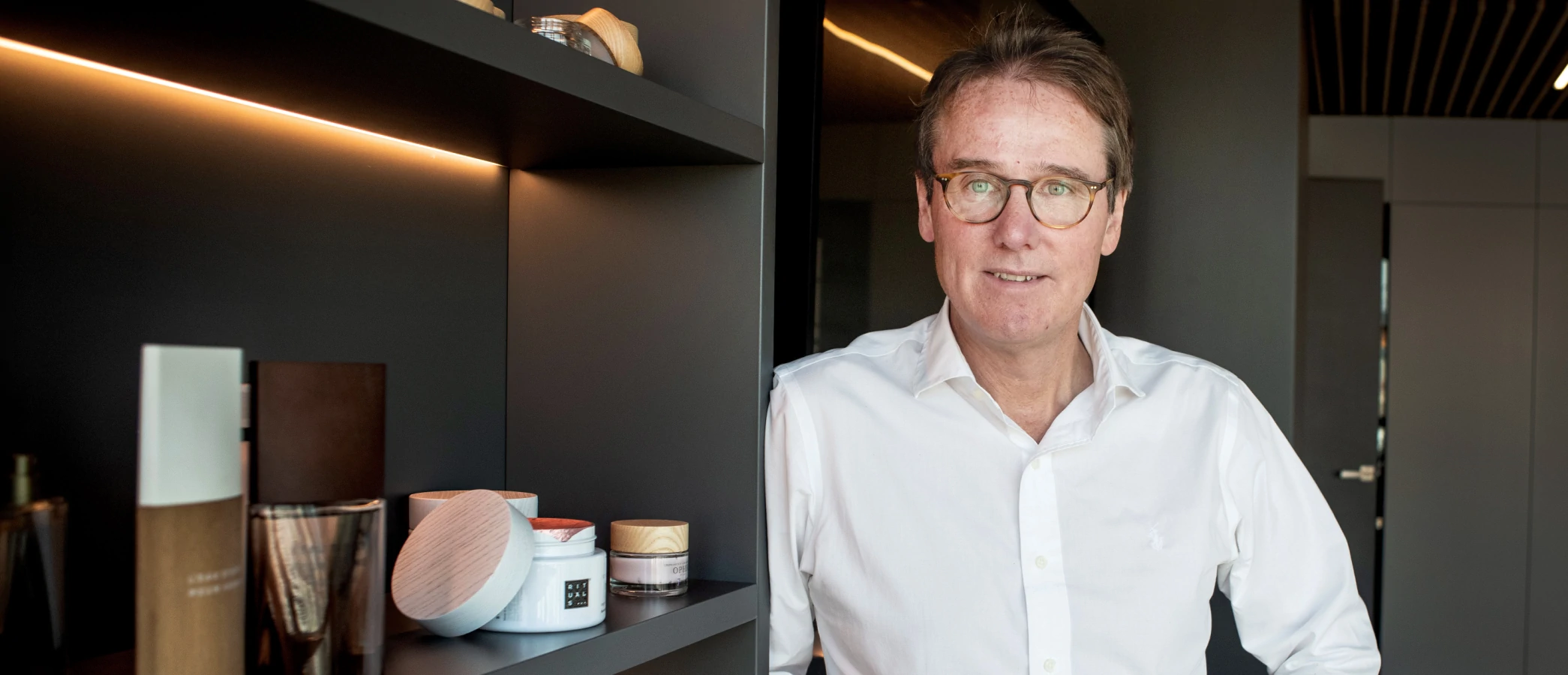
Video interview
Tim Eaves: packaging, purpose and good people
Entrepreneur Tim Eaves explains why community spirit is at the heart of his sustainable packaging company Quadpack, and what he’s learned from triumph and disaster on the road to growth.

A Bank for Entrepreneurs.
Wherever you are in your journey as an entrepreneur, we can help you and your family take the next step.
Dedicated to our clients’ lasting success and financial security. At home and abroad.
If you’re an entrepreneur, our services can assist you by providing access to capital through loans and lines of credit, offering valuable financial advice and solutions as well as a deep understanding of risk management. Learn below how we supported entrepreneurs to navigate challenges, seize growth opportunities, and ultimately achieve what they would call success in their entrepreneurial endeavours.
Experience Deutsche Bank
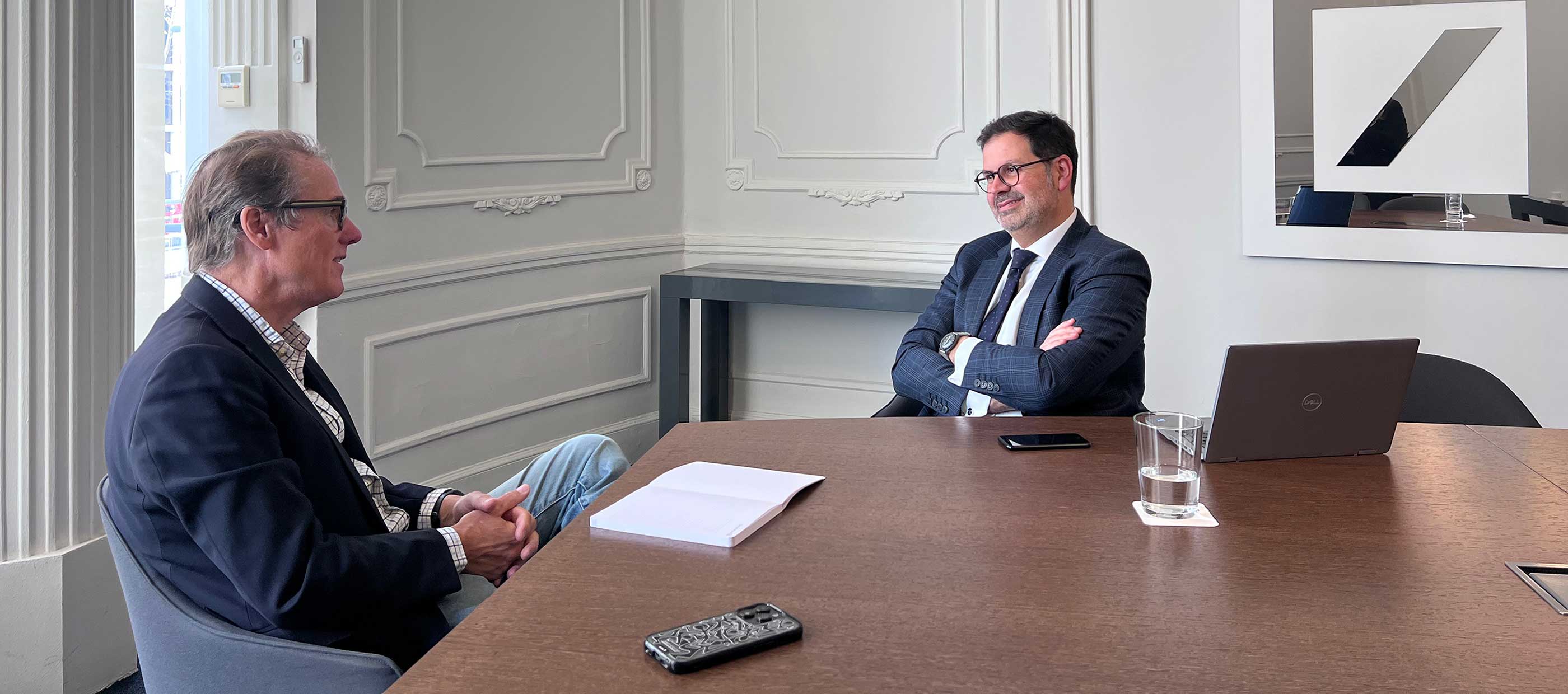
How we work
Financing a sustainable future in packaging
Deutsche Bank’s support for Quadpack illustrates why complex financing arrangements depend on building a deep understanding of a business – and its leadership
Oct 03, 2025

How we work
Delivering a market-leading buyout solution
Deutsche Bank’s tailored support for the leveraged buyout of an iconic Italian brand shows how our Bank for Entrepreneurs (BfE) delivers unique solutions competitors struggle to match.
Sep 08, 2025
See more

Helping entrepreneurs and their families since 1870
For a century and a half, we focus our wealth management services on entrepreneurial individuals and families with close European ties.
Entreprenurial events

Event report
Expert Connections initiative launched with Gulf tour in Abu Dhabi and Riyadh
Deutsche Bank Wealth Management has successfully launched its Expert Connections initiative, a new global platform designed to bring clients closer to the ideas, people, and opportunities shaping the future.
Apr 23, 2025
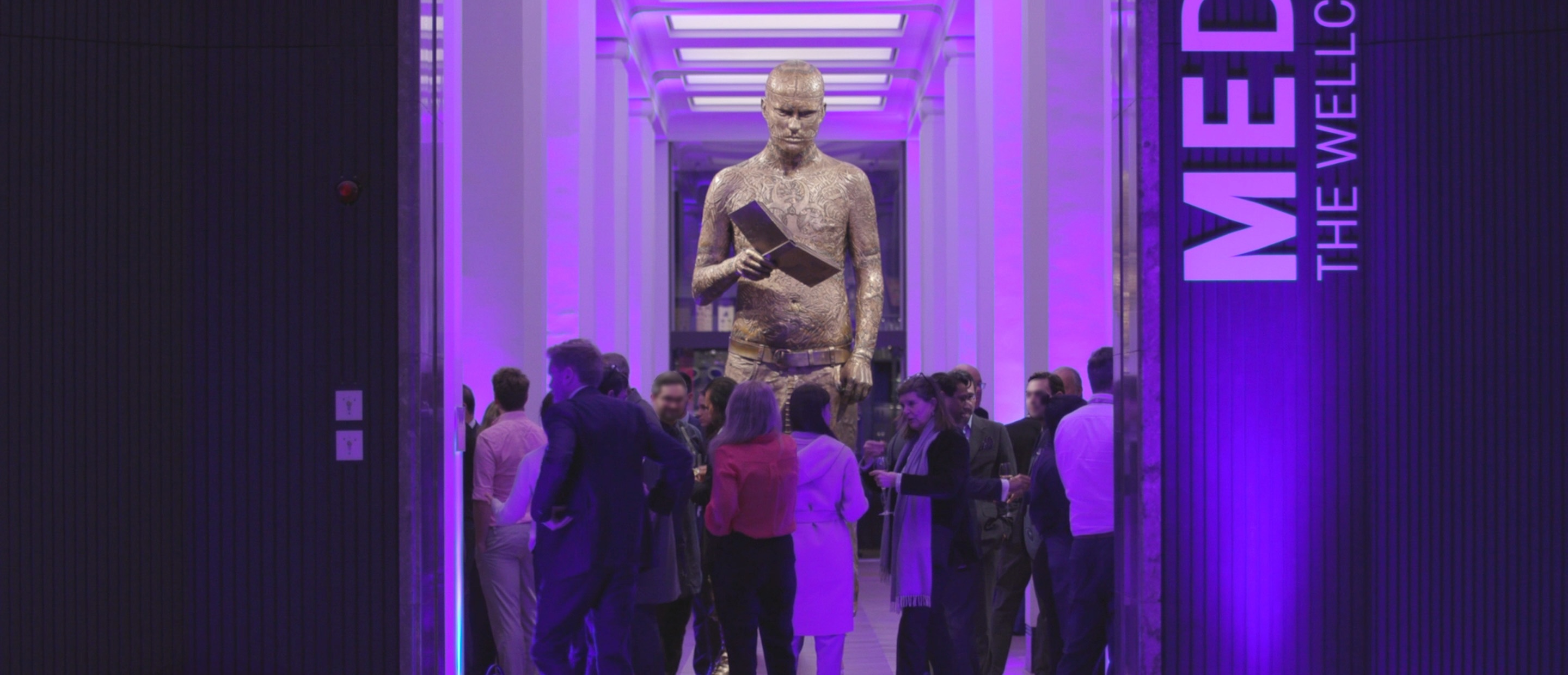
Event report
Global Innovation Summit 2024
The Deutsche Bank Global Innovation Summit 2024, held in collaboration with Imperial College London, gave clients the chance to meet world-leading healthcare researchers, practitioners and entrepreneurs.
Jan 31, 2025
See more